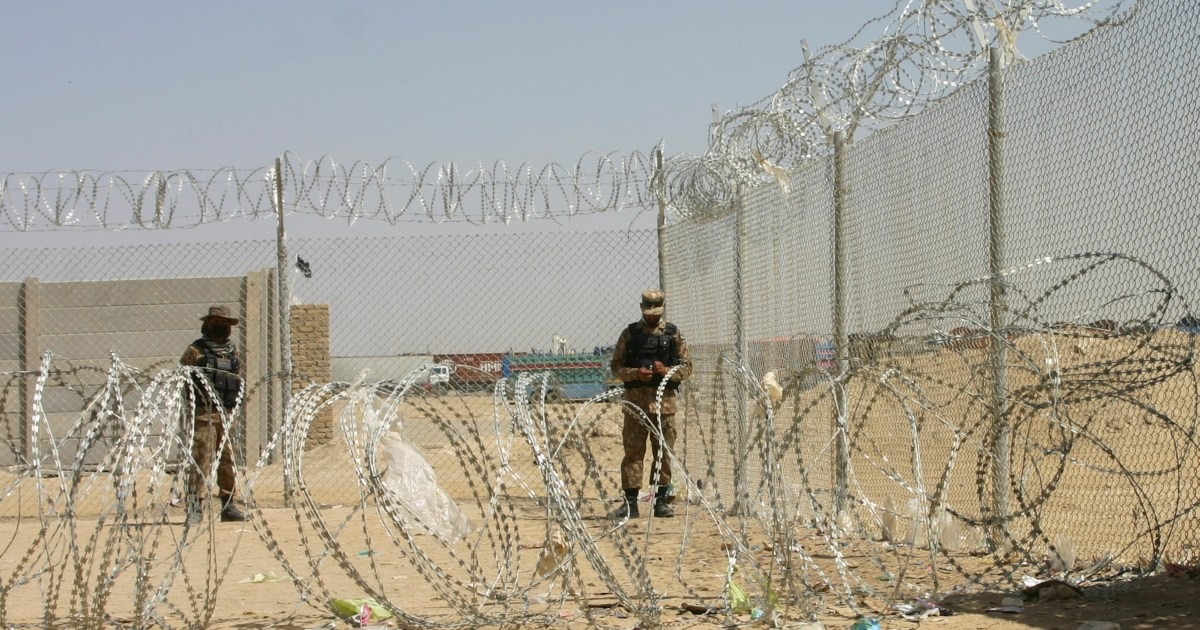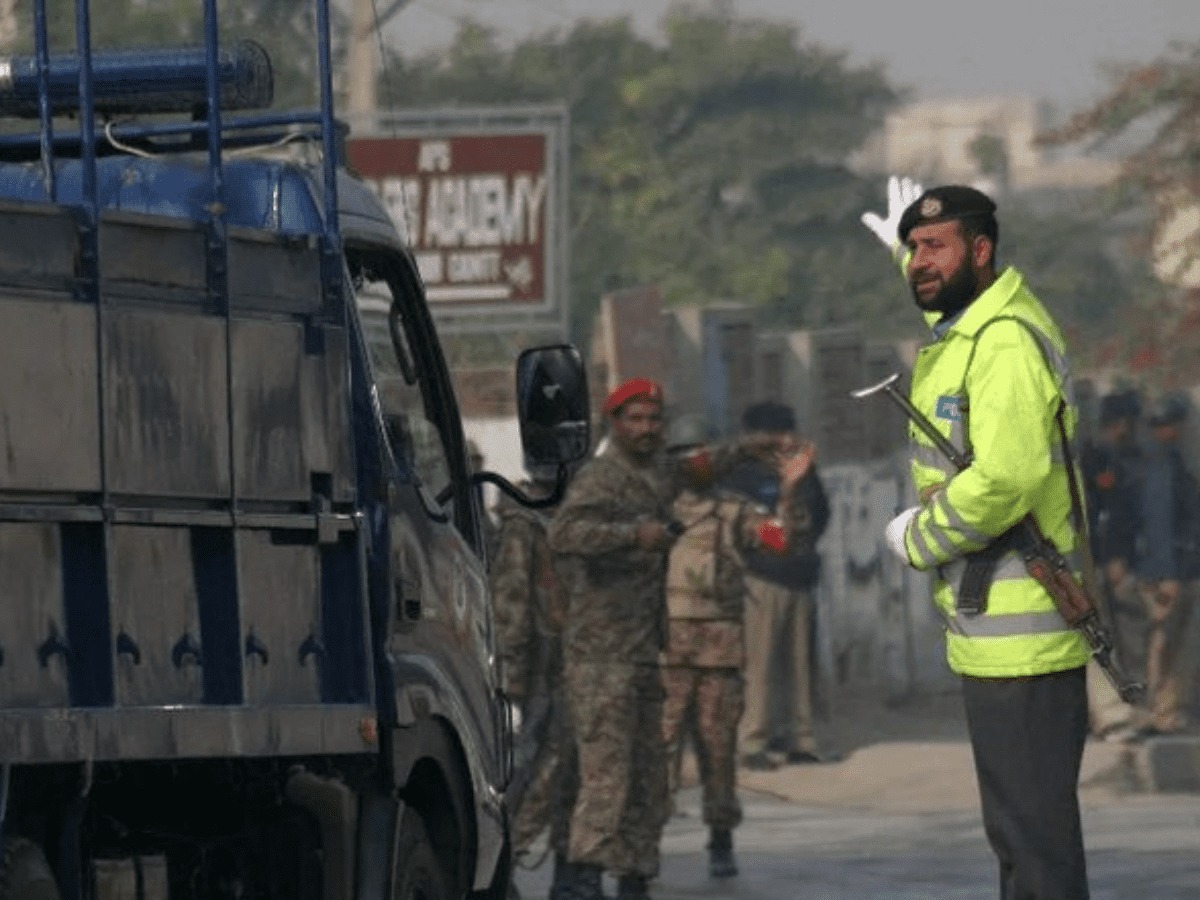Protesters staging a sit-in at a key border-crossing point in southwestern Pakistan, near the border with Afghanistan, claim that security forces have opened fire on them, resulting in one fatality and several injuries.
Sadiq Achakzai, a spokesman for the protests, which have been ongoing for months in Balochistan Province’s Chaman district, told RFE/RL that local security forces raided the demonstrators’ camp while they were away, setting fire to their tents. Upon returning to their agitation camp, members of Pakistan’s Frontier Corps allegedly opened fire on the peaceful protesters.
According to Achakzai, one person was killed, and over a dozen were injured, with the victims being rushed to a local hospital for treatment. Videos purporting to show victims at a local hospital were posted on social media, but RFE/RL was unable to verify the claims independently.

When questioned about the alleged incident, Colonel Abdul Wahab, a spokesman for the Frontier Corps in Balochistan, stated only that an investigation was underway.
The protests, which began in October, involve traders and shopkeepers demanding the government rescind a new policy requiring them to present valid documents to cross the border.
In October, Pakistan unilaterally ended the century-old “Easement Rights,” an arrangement allowing members of some communities straddling the 19th-century Durand Line border to cross freely. Members of Pashtun communities have heavily criticized the policy change on both sides of the border, who claim it has harmed their livelihoods and resulted in financial losses.

The Taliban’s de facto government in Kabul has also criticized the policy, leading to the closure of the Chaman border crossing – the second-busiest between Pakistan and Afghanistan – and others. In January, talks between the Taliban and Pakistani officials to reopen the crossings broke down, exacerbating the situation.
The ongoing protests and clashes highlight the tensions and economic struggles resulting from the policy change. Protesters are demanding a return to the previous arrangement that allowed for freer movement across the border.


